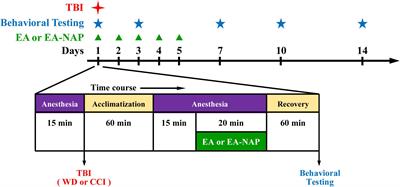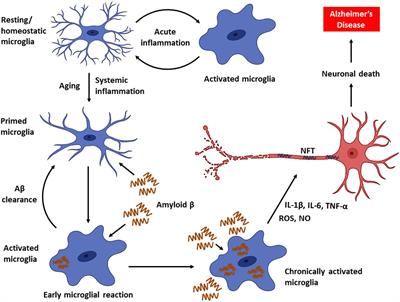ORIGINAL RESEARCH
Published on 09 Aug 2022
Electroacupuncture improves TBI dysfunction by targeting HDAC overexpression and BDNF-associated Akt/GSK-3β signaling

doi 10.3389/fncel.2022.880267
- 4,611 views
- 4 citations
4,577
Total downloads
18k
Total views and downloads
ORIGINAL RESEARCH
Published on 09 Aug 2022

MINI REVIEW
Published on 17 Feb 2022

REVIEW
Published on 22 Sep 2021
